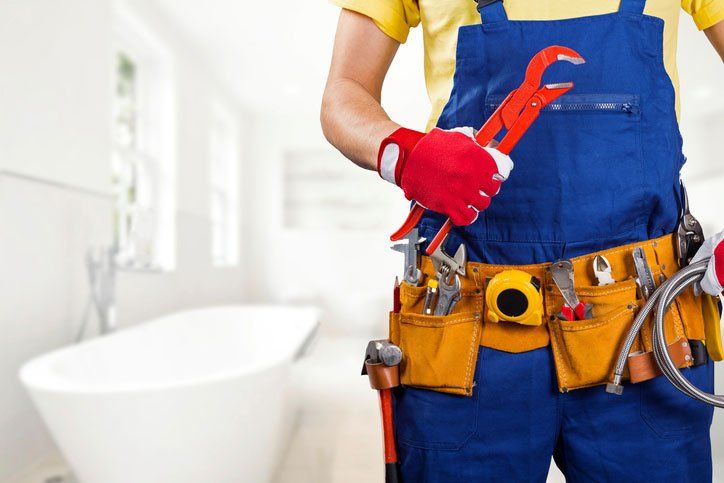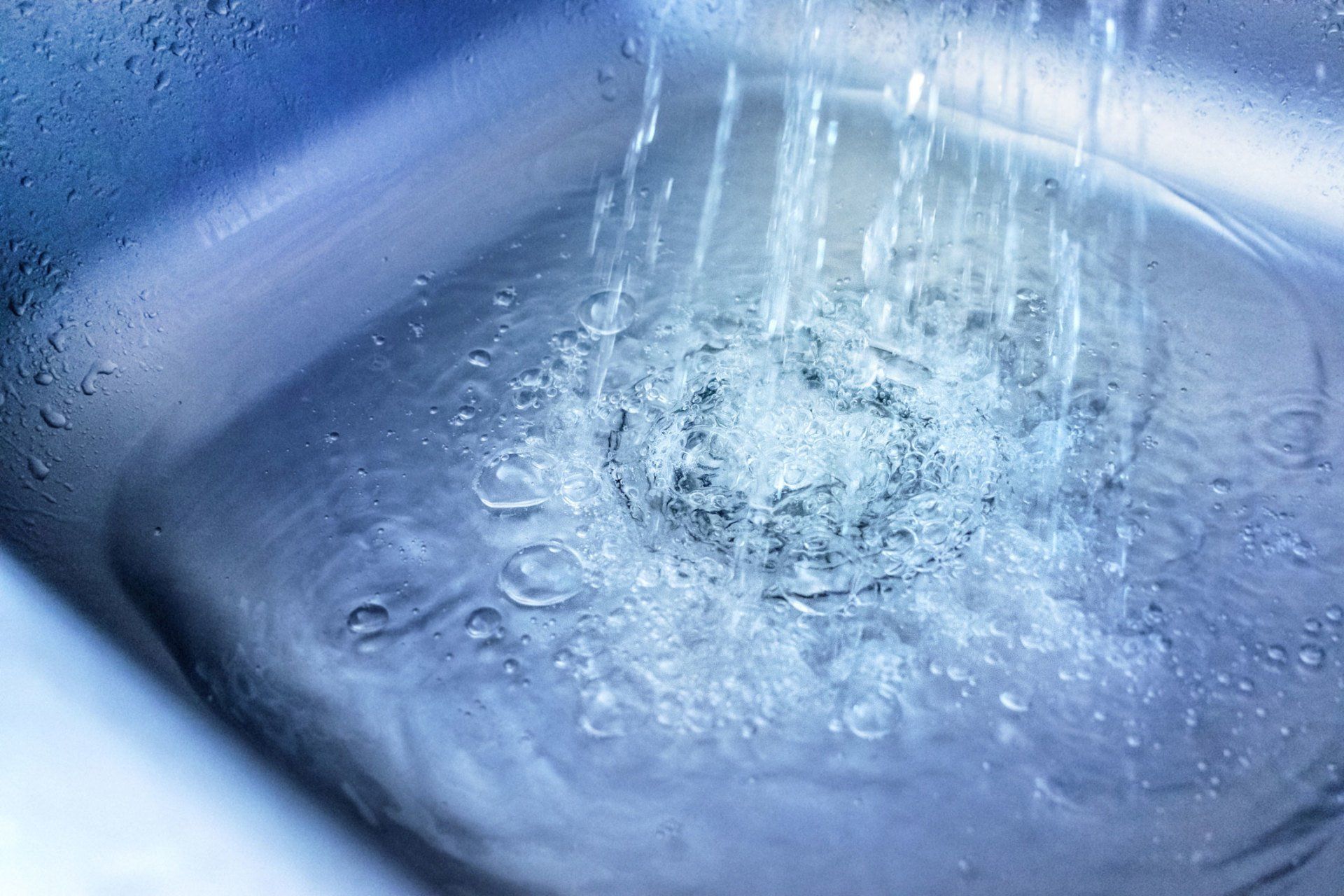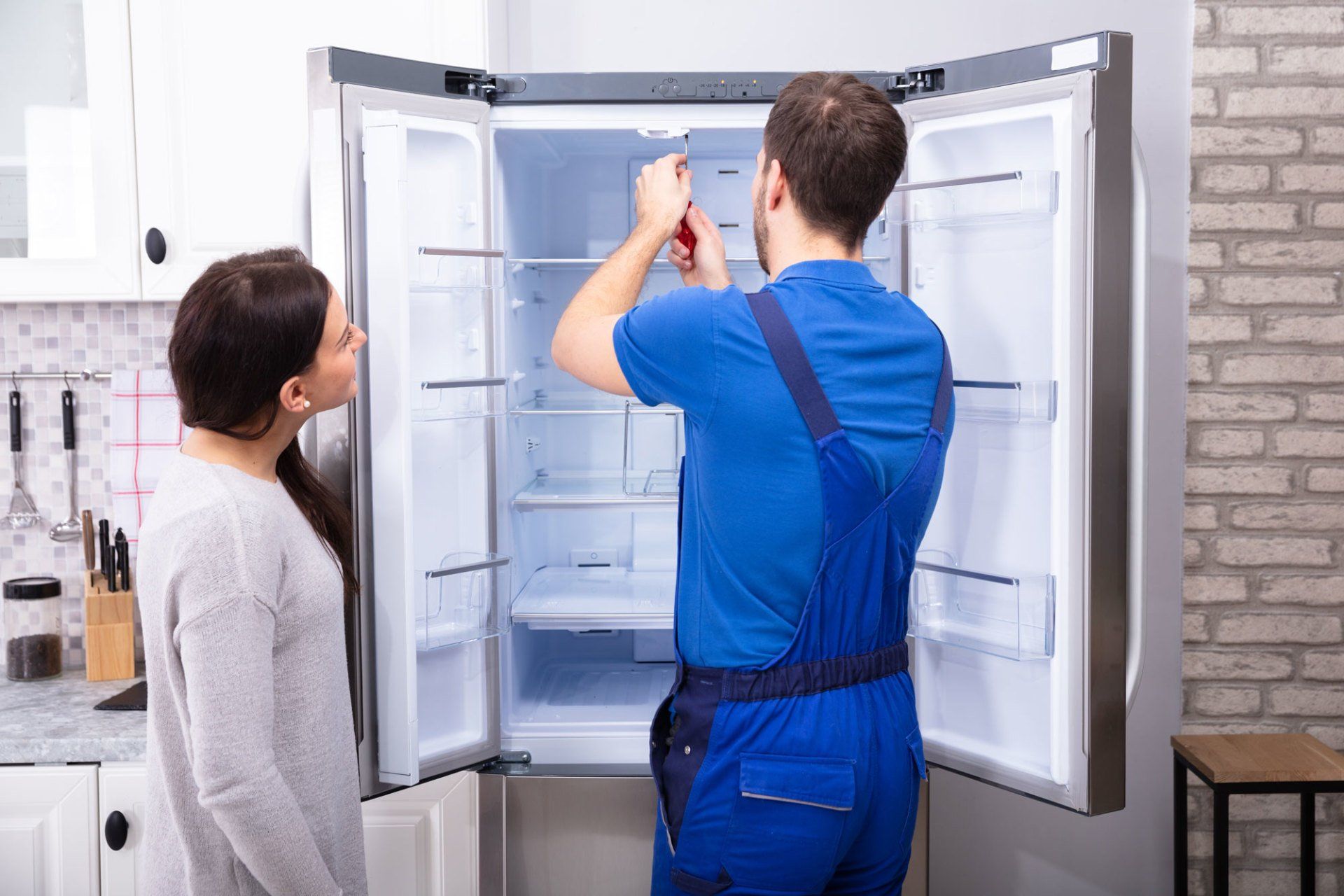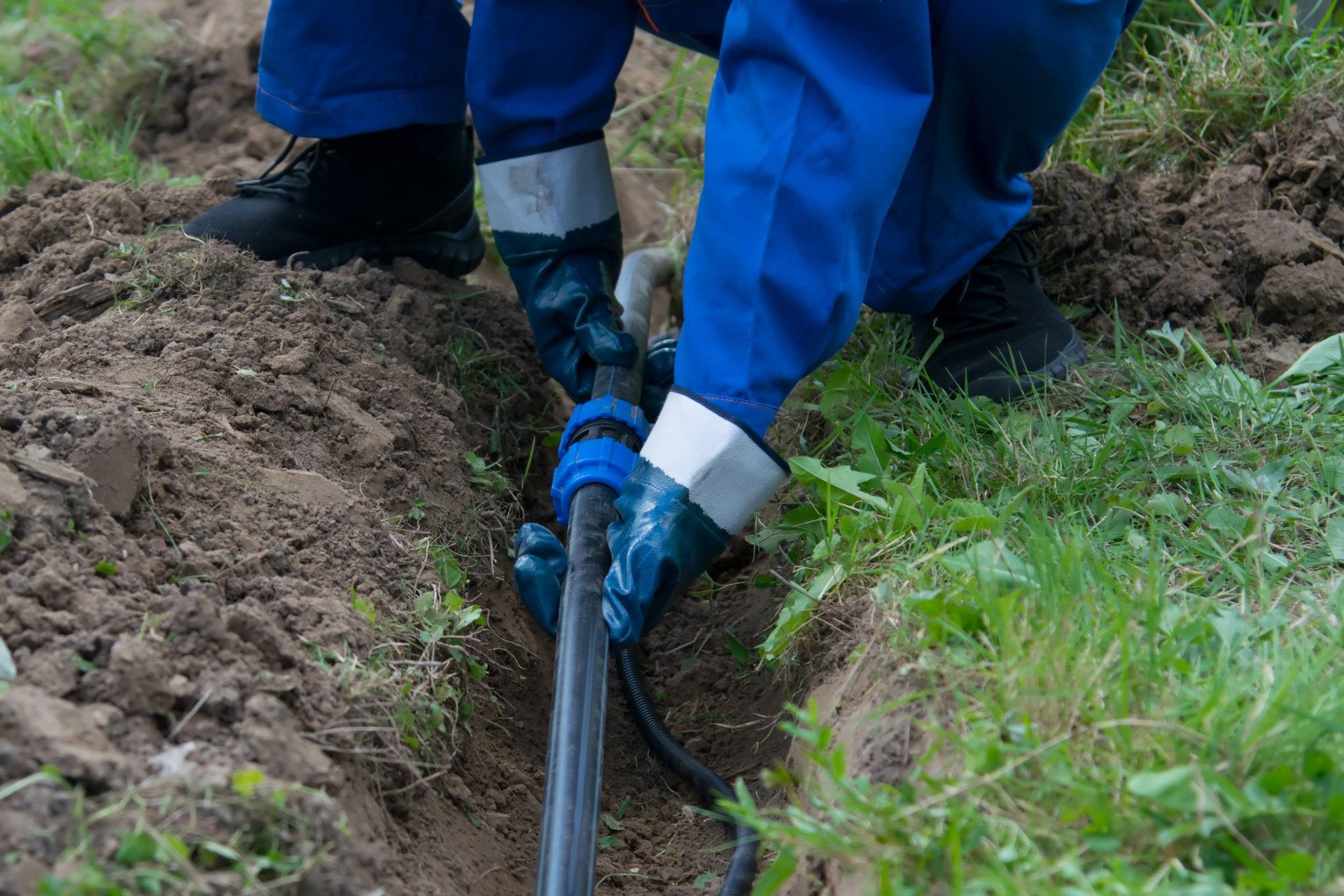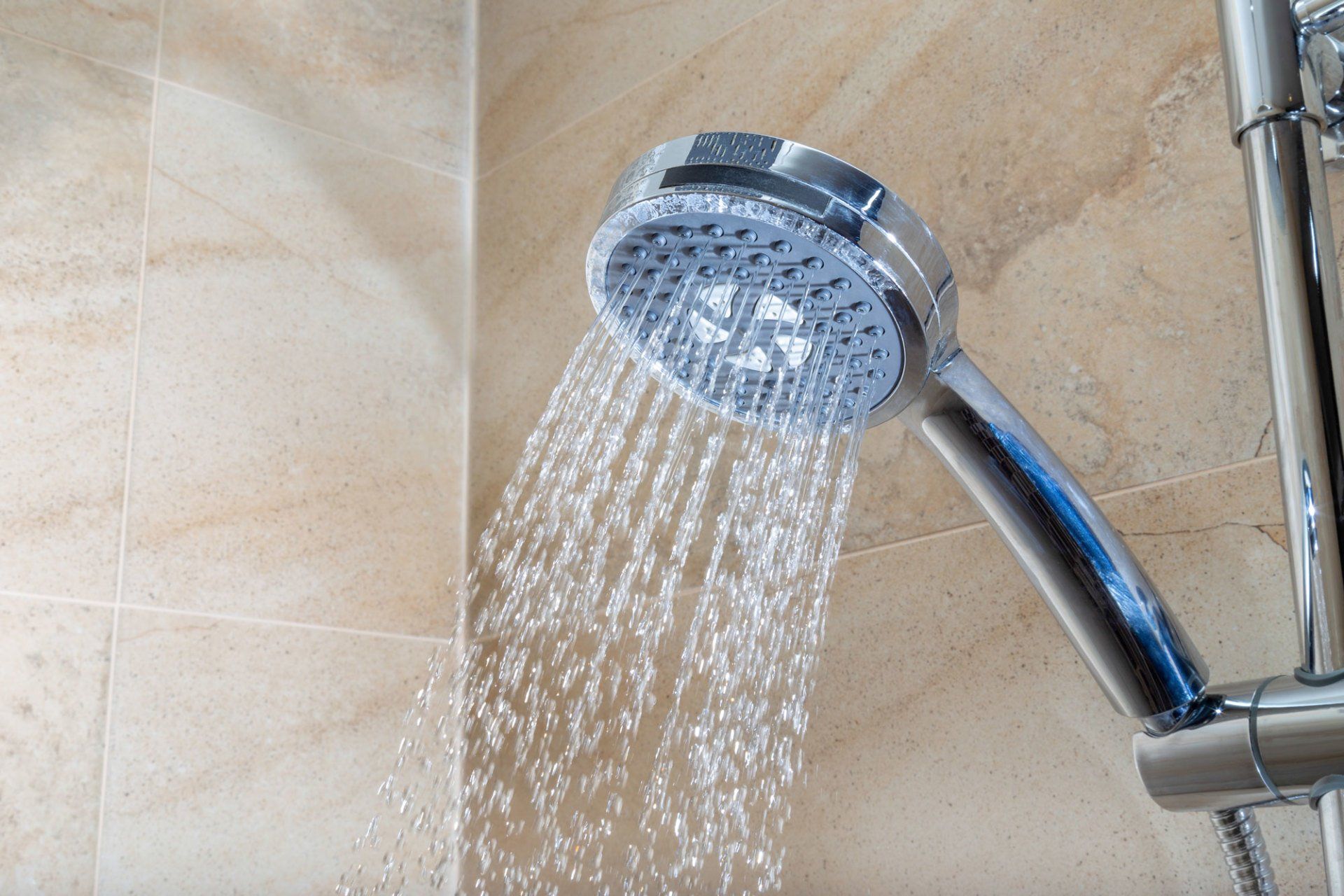1A Florida Plumbing, Inc.
Blog Layout
3 Reasons to Invest In a Pipe Inspection
admin • Jul 12, 2019
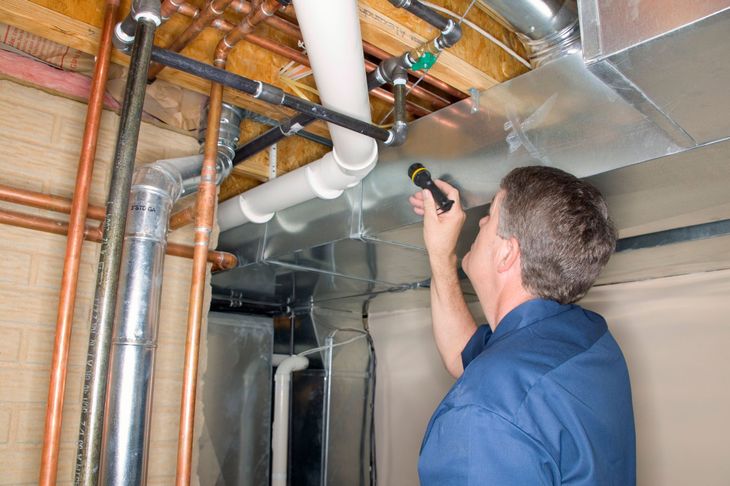
When most people think of their plumbing system, they think about their faucets and toilets. Although these are important parts, the plumbing system consists of a great deal of underlying elements, too.
Doing everything from moving water in to moving wastewater out, the length of pipe running through and under the home is overwhelming. Even though it may be "out of sight," it should never be out of mind. With this guide, you will learn a few key reasons why you should invest in a professional pipe inspection.
1. Detect Leaks
One of the most important reasons why you should invest in a pipe inspection is to detect any leaks. In some cases, these leaks may be hidden, slowly causing water damage to different areas of your home and increasing the risk of mold growth.
In addition, slow water leaks can be costly. Not only will they require restoring water-logged, damaged areas of your yard, landscaping, and home, but they can also lead to increases in your monthly water bill. On average, a home can lose anywhere between 2,000 and 20,000 gallons of water a year due to leaks.
If you are seeing potential signs of a water leak, such as swampy grass, ceiling or wall stains, water spots, peeling paint or drywall, or warped wood, consider having your pipes checked for a leak. An unexplained increase in your water bill could also stem from a leak.
2. Detect Blockages
You will most likely know when a drain is clogged. For example, a toilet clog will prevent you from flushing waste down properly and a clog in the kitchen sink could affect your ability to wash dishes or use the garbage disposal.
However, it is also possible that over time, waste, such as toilet paper, food residue, or grease may build up in the drains and drain lines, resulting in an unseen blockage that prevents water and waste from flowing freely out of the home and into the septic system.
Another source of blockage may occur when roots from trees and even shrubs spread, growing into your underlying water and waste pipes. As the roots spread through the pipes, you will be faced with leaks AND a blockage that prevents water and waste from moving efficiently through the plumbing and septic system.
If you are dealing with chronic clogs that affect multiple drains in the home, you may have an underlying blockage in the main drain or a connected pipe. Both should be addressed quickly to prevent clogs and leaks. A pipe inspection can help you locate and repair any blockages.
3. Prevent Health Hazards
A pipe inspection can also determine if your plumbing consists of lead pipes. Even though the actual lead of the pipes is not dangerous, the chemical reaction that occurs between the oxidized metal pipes and the chemicals added by the water treatment plant increases the presence of lead in your water to dangerous levels.
Lead poisoning can cause kidney damage and infertility. In children, lead can cause neurological issues, affecting their behavior and learning ability.
If you live in a home that was built before the 1950s, you may have lead pipes. If you live in a home built before 1980, your pipes may contain lead soldering. A pipe inspection can help determine if lead is present and if there is any oxidation that could be dangerous.
You can have your household's water tested for lead, but most experts recommend inspecting and replacing lead pipes to ensure your home, water, and health is safe.
Your plumbing and septic system is a complex component integral to your household’s health. To protect your home's plumbing and septic systems, a professional pipe inspection is a smart investment. To schedule an inspection, repair, or replacement, contact 1A Florida Plumbing, Inc.
today.
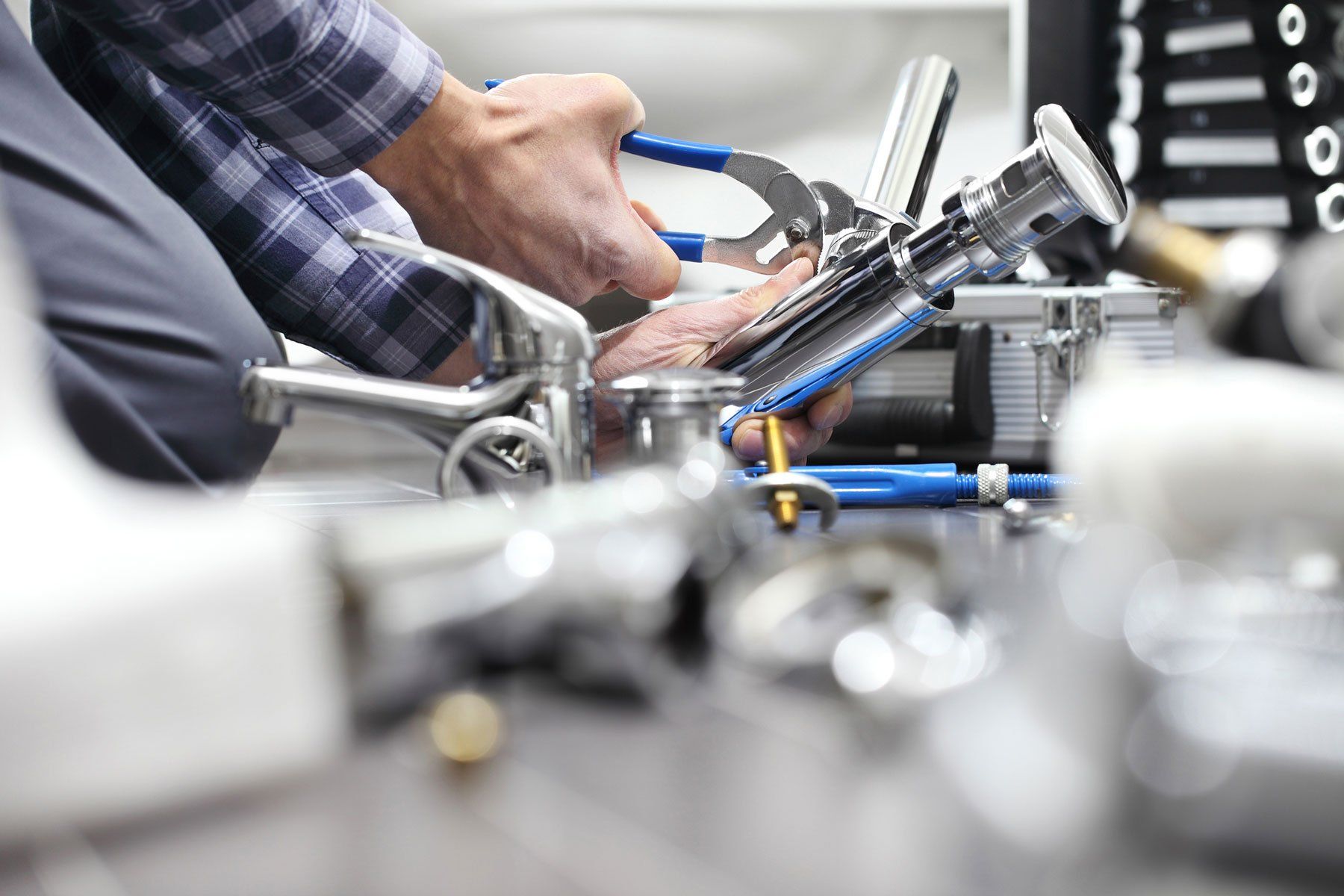
By admin
•
17 Jan, 2019
Did you know that water pipes have a limited life expectancy? Of course it makes sense because nothing lasts forever. But if anything were to last forever, it would be solid chunks of metal, right? Sadly, several forces, such as the corroding effects of water, can come into play and make your pipes unsafe or unstable and leaky over time. Here are some signs that your home may new water pipes this season.
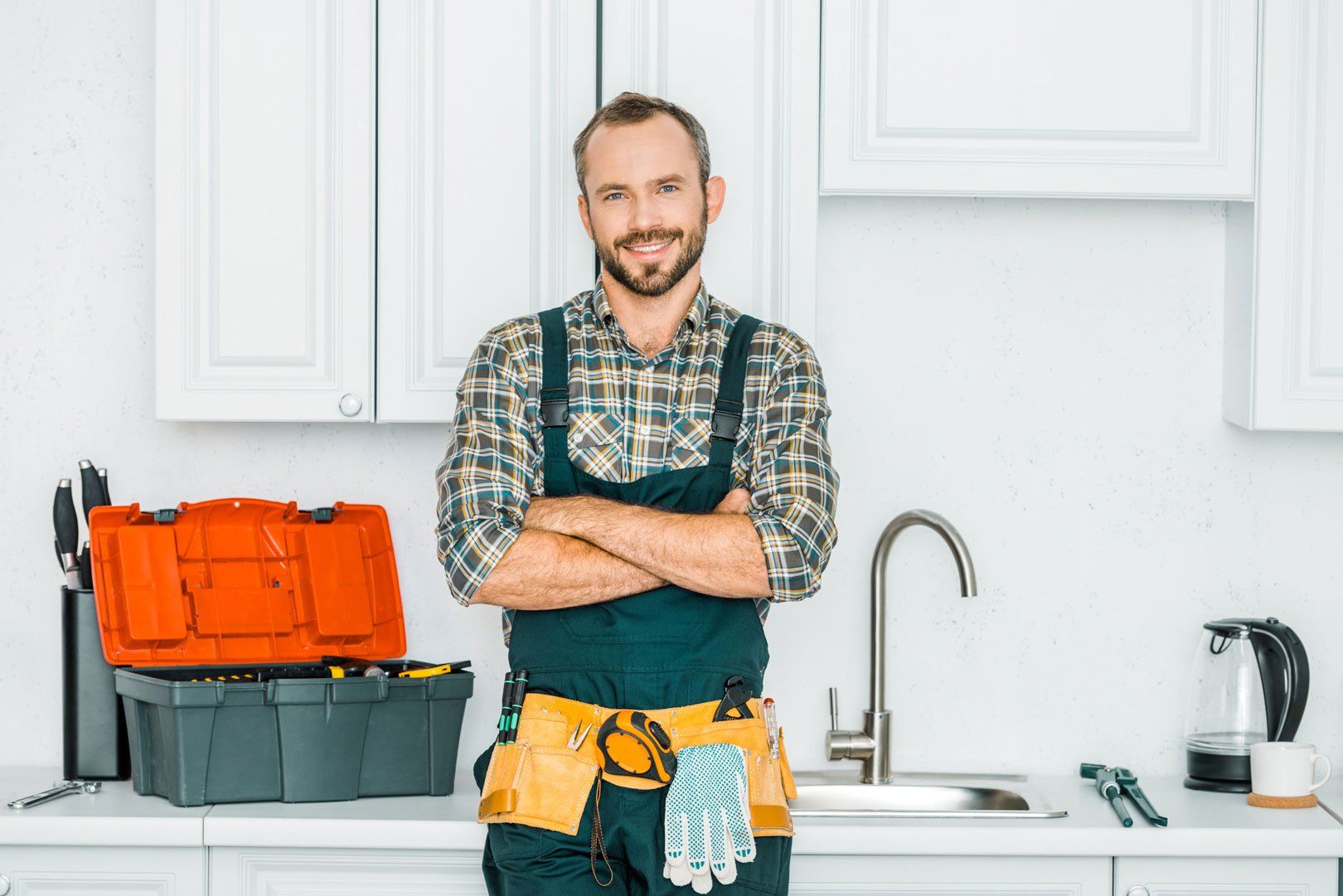
By admin
•
21 Sep, 2018
Most parents, even first-time parents, know the basics of child-proofing a house: including checking for sharp corners, stowing easy-to-grab items higher up, and adding child locks to cupboards, drawers, and doors. However, other parts of your home need an update for a baby that you might not realize, including your plumbing. Follow these simple tips to help your plumbing handle everything your new bundle of joy throws at it.
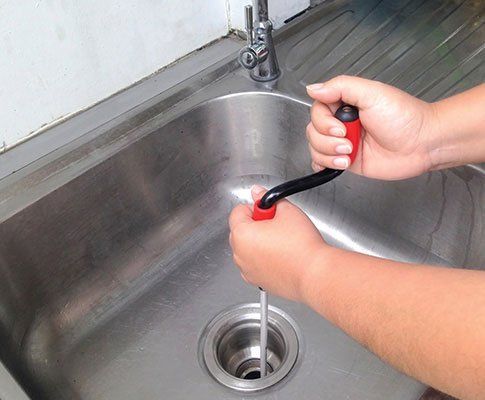
By admin
•
19 Jul, 2018
Plumbing clogs can be a big drag, especially in the summer when you're having yard parties and taking care of kids off from school. Luckily, you can do a few things to avoid clogs in your plumbing this summer. These tips will help you take care of your pipes and keep your home safe from clogs.
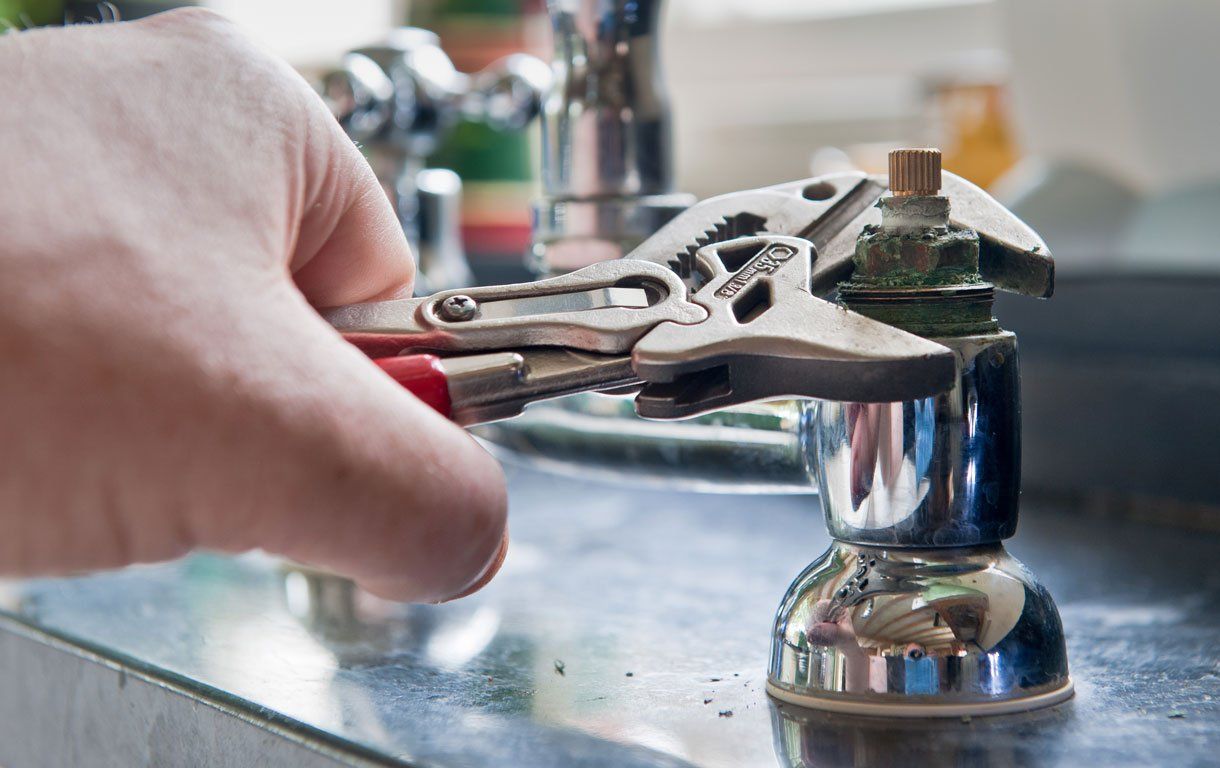
By admin
•
23 Mar, 2018
Most homeowners have experienced the occasional drain clog. You plunge the drain or perhaps use a drain snake, and the drain starts flowing again. Having every drain in your home slow down or stop draining at the same time is a different story. A plunger won't be of much assistance in this case. In fact, the correct way to address the problem depends on its cause. There are three main reasons why your whole plumbing system may stop draining at once. A Full Septic Tank If your home's drains empty into a septic system, your drain problems might indicate that the tank is full. Solids like human waste and toilet paper sink to the bottom of the septic tank, and they accumulate faster than they break down. When the solids start taking up too much space, there's not enough space left for water - so the water and waste you send down the drain won't have anywhere to go. Other signs that you need to pump your septic tank include smelly odors in your yard, toilets backing up, and excessive wetness in your yard. Luckily, your septic company can pump your septic tank in the span of a few hours, and your drains should flow freely again. Going forward, have your septic tank pumped every three years to prevent slow drains. If you flush cat litter, feminine hygiene products, paper towels, or anything other than human waste and toilet paper, solid waste will build up in your tank faster than normal and may lead to the need for more frequent pumping. A Blocked Sewer Line If you live in a more suburban or urban area, your home may be connected to a sewer system rather than a septic tank. There's a large pipe, about four inches in diameter, that carries all of your waste and wastewater into the public sewer line. The main drain line is prone to clogs, and when it does clog, every drain in the home can slow down or become blocked completely. Signs of a clogged sewer line are similar to those of a full septic tank. Every drain will slow down, and you might notice foul odors coming from your drains. Sometimes, sewage may back up into a sink or tub. Water may also back up into your washing machine. Your plumber can locate a main sewer line clog using a specialized camera. Many clogs are caused, at least in part, by tree roots growing into the line. Your plumber may mechanically remove the tree roots or even replace the overgrown line if the root growth is substantial. In the meantime, avoid flushing anything other than human waste and toilet paper. Napkins and wet wipes can get caught on roots and make the clog worse. A Plugged Sewer Vent Many homeowners do not realize that their sewer pipes have vents. The vents allow gas to escape, keeping your sewer lines at a low enough pressure to allow them to drain. Most sewer vents are on the roof. They can become clogged with snow, leaves, animal nests, or sewage. When a sewer vent blockage causes slow drains, you'll often notice gurgling noises coming from the drains. You may even see bubbles coming up into a full sink or toilet. The solution for a blocked sewer vent depends on what's causing the blockage. Your plumber can clear snow away and extend the vent to prevent future snow blockages. If debris is to blame, your plumber may use a grabbing tool to remove the debris and then replace the sewer line cap to limit future debris accumulation. Sewage clogs must usually be cleared with a plunging auger. All three of the problems above need to be dealt with by a professional plumber. If you're looking for a plumber in Miami-Dade County or Broward County, contact 1A Florida Plumbing, Inc. to make an appointment today.
BROWSE OUR WEBSITE
CONTACT INFORMATION
Phone: 786-991-6980
Email: 1afloridaplumbing@gmail.com
Address: 8961 NW 12 Pl Plantation, FL 33322
Business Hours
- Mon - Sun
- -
24/7 Emergency Service
Licensed and Insured


















OUR LOCATION
Content, including images, displayed on this website is protected by copyright laws. Downloading, republication, retransmission or reproduction of content on this website is strictly prohibited. Terms of Use
| Privacy Policy
